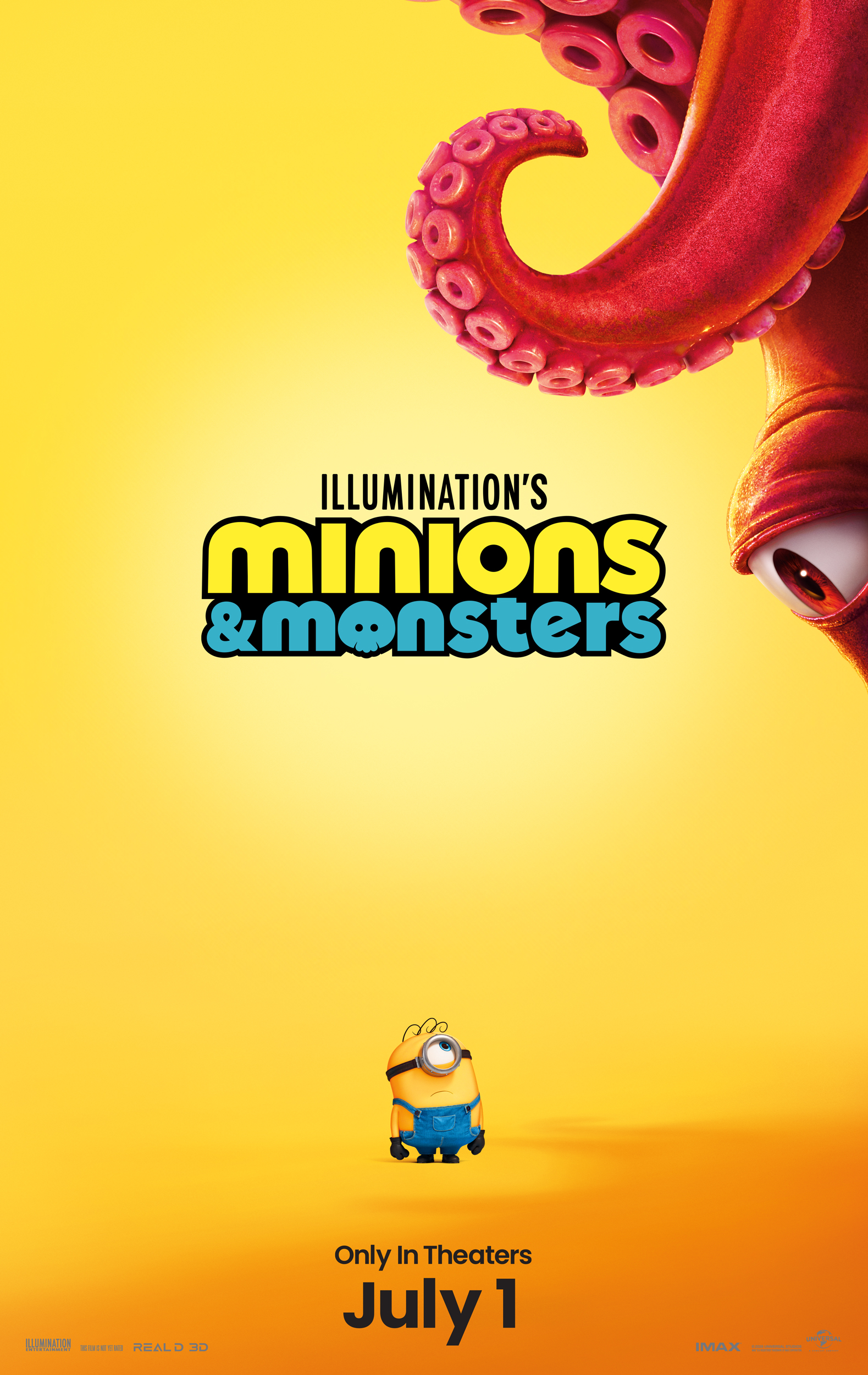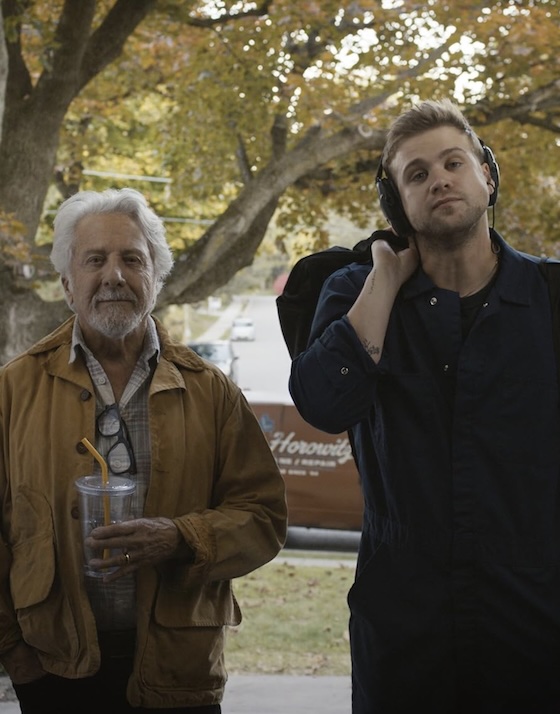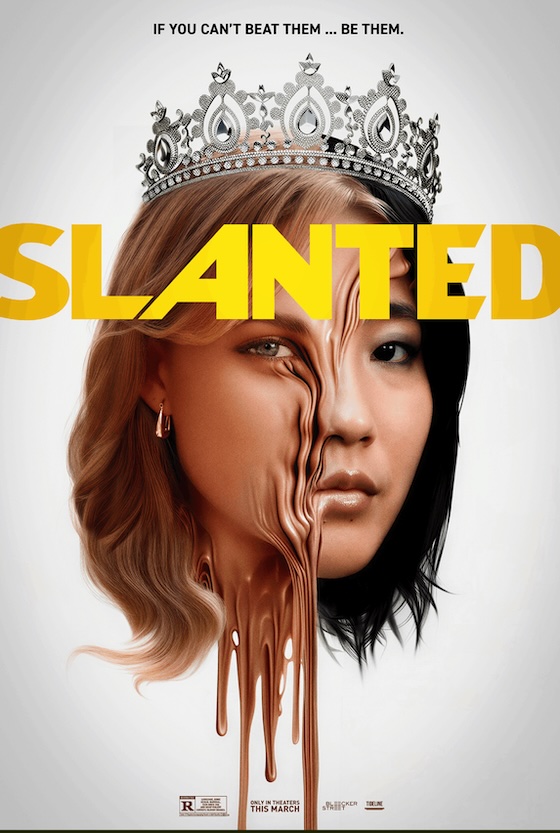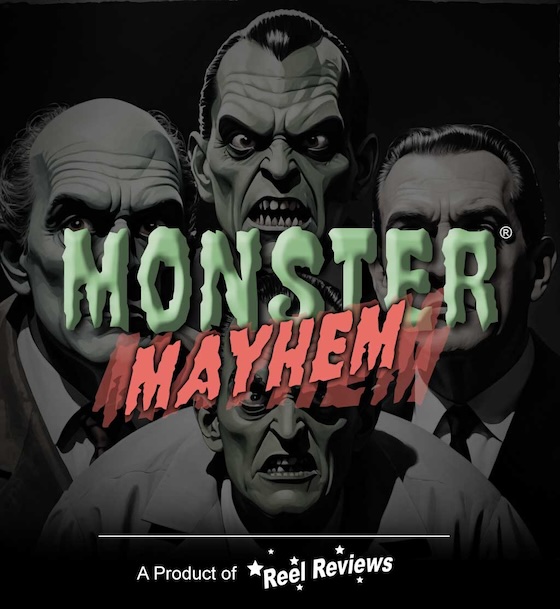{googleAds}
<div style="float:left">
<script type="text/javascript"><!--
google_ad_client = "pub-9764823118029583";
/* 125x125, created 12/10/07 */
google_ad_slot = "8167036710";
google_ad_width = 125;
google_ad_height = 125;
//-->
</script>
<script type="text/javascript"
src="http://pagead2.googlesyndication.com/pagead/show_ads.js">
</script></div>{/googleAds}Regular or Unleaded? That is the question. Daniel Day-Lewis stars as Daniel Plainview in, There Will Be Blood.
A couple of weeks ago I was over a friend's house, and was admiring a poster on his wall featuring Jack Kerouac and Neal Cassady from the 1950's beat generation. The two men were with their arms around each other's shoulders. My friend came over to me and said, "People don't look like that anymore." When I asked him to elaborate, he said, "Look at their bone structure. People just don't look like that anymore." He was right. People don't look like that anymore, and that photo was taken only fifty some years ago. I was reminded of that as I was watching There Will Be Blood, and wondered how in the hell director Paul Thomas Anderson found actors who so convincingly evoked the faces of the late 1890's, especially with his main character. Perhaps it's the moustache, the clothing, subtle make-up work, or just an overall timeless quality to his face, but Daniel Day-Lewis looks as if he were born circa 1860. It's eerie.
The whole movie is eerie. It's frightening in an unusual way, difficult to get across with mere words. There's a kind of menace running through the film that has a real palpability. Part of it has to do with how well Paul Thomas Anderson's writing and directing transport you to the oil boom of the 1890's, and part of it is due to Daniel Day Lewis' positively monstrous depiction of a greedy oil magnate named Daniel Plainview. Their ability to keep this character sympathetic really flexes some dramatic muscle. I felt bad for people I saw come into the theater with boxes of Raisinets and thirty-two ounce Cokes, because while There Will Be Blood isn't gory per se, there are sections where Plainview's actions are so repugnant I was grateful for my intuition that this was not going to be a "popcorn" movie. Staring in to Plainview's eyes, I saw a portrayal of avarice so clearly; I would have walked out of the theater if it hadn't been so compelling and hypnotic.
Plainview doesn't speak for the entire first reel of the film, which is essentially divided in to three acts. We see his greed and determination right from the start, and is then revealed gradually with every scene, until we are wondering if and hoping that it knows some kind of boundary. He finagles the land out from underneath a devoutly religious family, led by a charismatic healer named Eli Sunday, played by Paul Dano (of Little Miss Sunshine fame). Plainview slights the young Sunday in his offering to bless the derrick that he has built on what he now claims is his land, and the trouble pretty much starts from there, with unfortunate accidents involving the occupational hazards of drilling for oil. As a divine presence that even Plainview acknowledges begins to manifest itself, the two men begin to clash ideology and faith, with physical confrontation both brutal and redemptive. It's a very interesting relationship, made more so by the fact that Sunday is no saint either, hiding a longing for power amongst his congregation that Plainview's deceit and contempt only fuels.
Paul Dano as Eli Sunday in, There Will Be Blood.
Only in the second act does the film ever falter, with the appearance of a man who claims to be Plainview's half brother, played by an emaciated actor named Kevin J. O'Conner. The film seems to lose its pace a bit with this character on screen. Neither Anderson's direction nor Day-Lewis' acting can keep the metaphors and soliloquies on the empty pursuits of economic success and the privilege of avoiding society from coming off as a bit obvious. If the events of the second act weren't so crucial to propelling the third, I might have cut this section of the film entirely, but I'm not the auteur here. Anderson has made five distinctly different films over his eleven-year career, and while I thought only one of them stunk, his talent is strong enough to forgive that he's never made a flawless one. I found the middling middle section of There Will Be Blood particularly easy to tolerate, not only because Anderson manages to hop back on the tracks for the final act, but also because the film is so different from his previous work. More than one of my favorite directors was guilty of repackaging their old wares recently, trying to pawn them off as shiny and new, but Anderson has taken a sharp left turn from the whimsy of Punch Drunk Love.
I don't think it would displace any of my top ten from the past year, but I liked it a great deal. The third act has a real conviction, and the final scene of the film is masterfully set and acted, with kind of a dark flipside to Citizen Kane's Rosebud catharsis. On a final note I'll add that with the musical score by Radiohead's Jonny Greenwood, I've noticed that contemporary artists are beginning to dabble with scoring period pieces, with Nick Cave adding his talents to The Proposition last year. Greenwood's work is a very impressive element here, using instrumentation authentic to the period, but applied with a sinister cadence that augments the malicious sense of dread throughout the film. I hope it's a trend that continues.
DVD Details:
Screen formats: Widescreen Anamorphic 1.85:1
Subtitles: French
Language and Sound: English: Dolby Digital 5.1; French: Dolby Digital 2.0 Stereo; Spanish: Dolby Digital 2.0 Stereo
Other Features: Color; interactive menus; scene access; featurettes; deleted scenes.
* Featurettes
o 15 Minutes (15:38) - vintage photos, video clips, and behind-the-scenes footage
o Dailies Gone Wild (02:49)
o The Story of Petroleum (25:32)
* Deleted Scenes
o Fishing (06:15)
o Haircut/Interrupted Hymn (03:16)
* Trailers - Both the teaser and theatrical trailer for There WIll be Blood
Number of discs: - 2- Keepcase Packaging
{pgomakase}



































